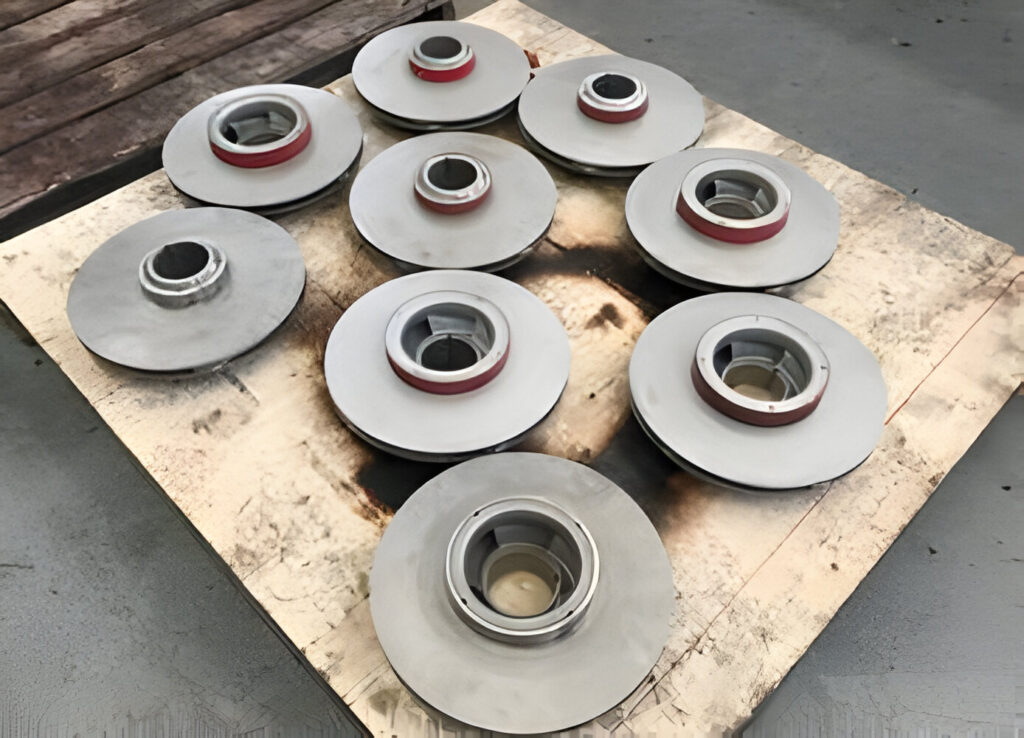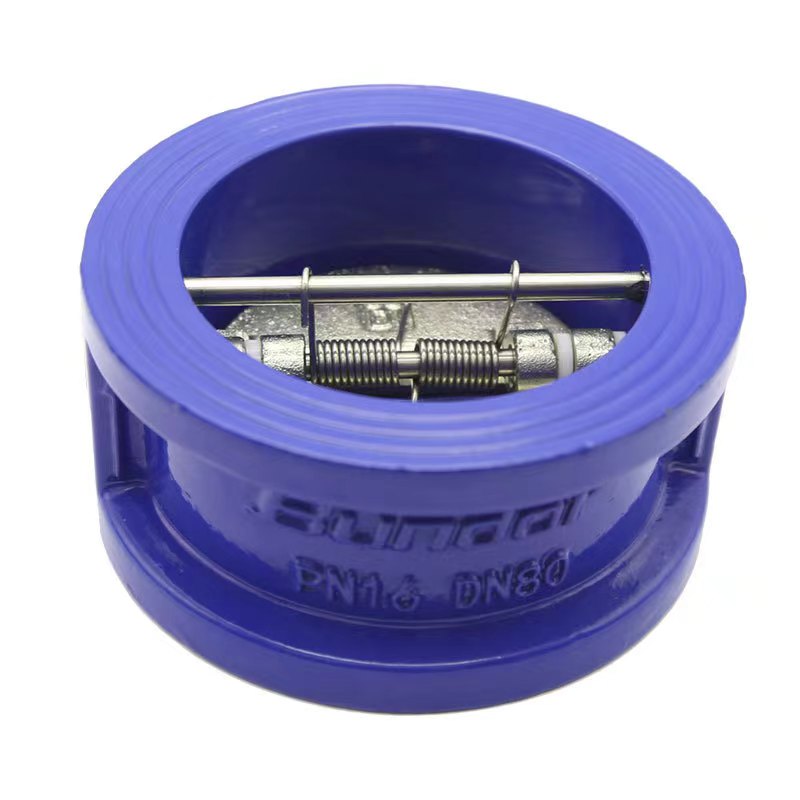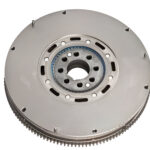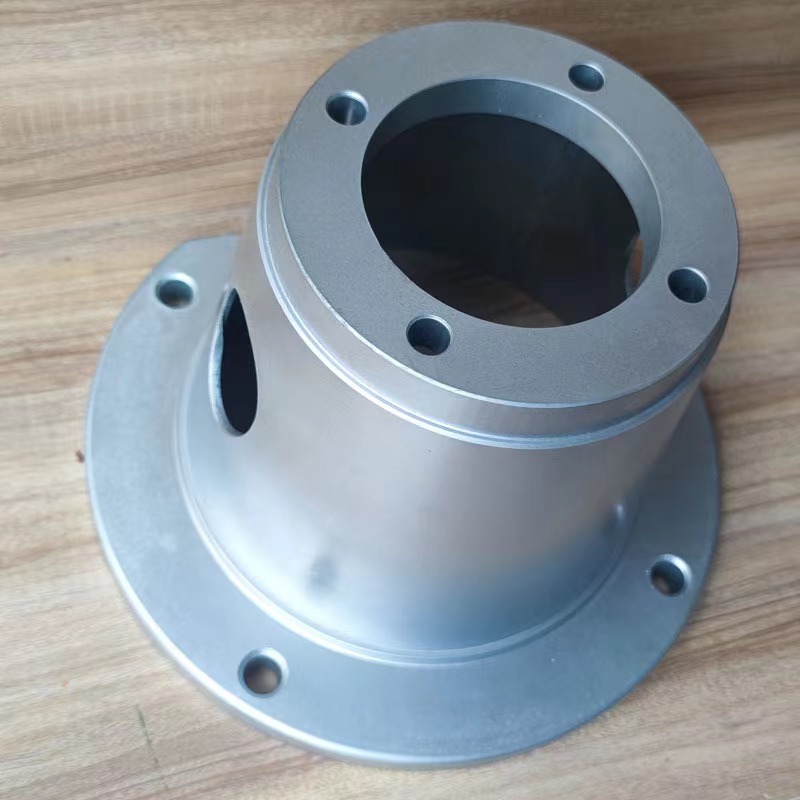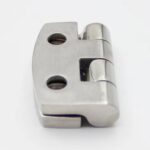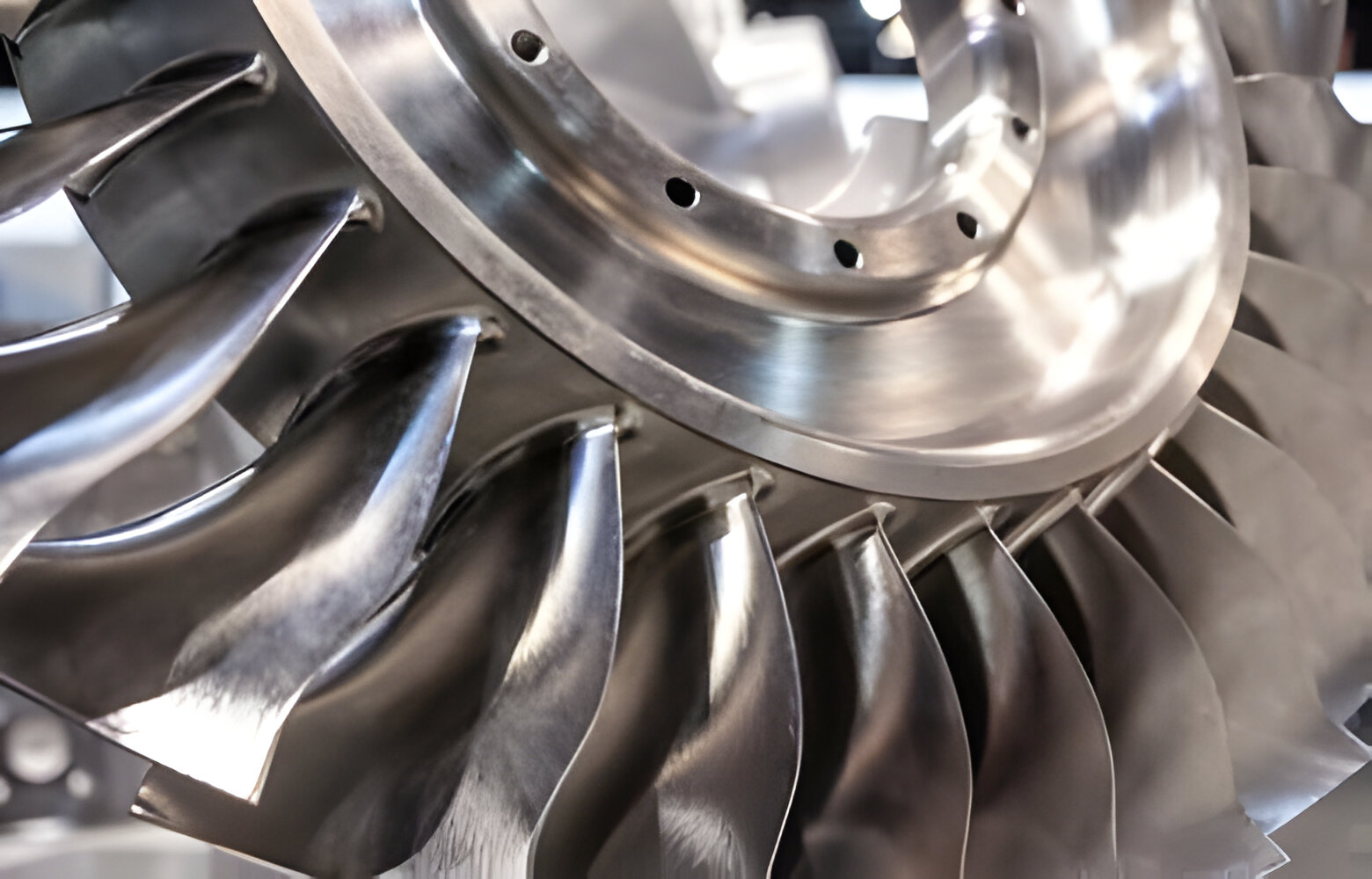Introduction to Impeller Castings
Impeller castings are crucial components in various industrial and commercial applications, such as pumps and engines. These castings are designed to enhance the efficiency and performance of fluid movement by converting rotational energy into fluid flow. The selection of the right type of impeller and the manufacturing process can significantly impact the operational success of the equipment.
Impeller castings are available in different materials, including stainless steel, bronze, and cast iron. Each material offers unique benefits suited to specific applications. Understanding the different types of impellers and their manufacturing processes helps in selecting the most appropriate component for your needs.
Types of Impellers and Their Applications
- Centrifugal Pump Impellers: These impellers are widely used in various industries due to their ability to handle high flow rates and pressures. Centrifugal pump impellers work by utilizing centrifugal force to move fluid from the center of the impeller to its edges, creating high velocity and pressure. They are commonly used in water pumps, fuel pumps, and pool pumps.
- Investment Casting Impeller: Investment casting is a precision casting process that produces high-quality impellers with complex geometries. This method is ideal for manufacturing intricate designs with tight tolerances, such as those required for OEM well casted impellers and stainless steel impeller castings. Investment casting provides excellent surface finish and dimensional accuracy, making it suitable for demanding applications.
- Sand Casting Impeller: Sand casting is a traditional and versatile method used to produce impellers, including cast iron impellers and bronze impellers. This process involves creating a mold from sand and pouring molten metal into it. Sand casting is cost-effective and well-suited for producing large and small quantities of impellers, such as those used in boat water pumps and general-purpose pumps.
Manufacturing Processes for Impeller Castings
Impeller Casting Process
The impeller casting process involves several key steps to ensure the production of high-quality components. The process begins with designing the impeller and creating a mold. The chosen casting method—be it investment casting, sand casting, or another technique—determines the specifics of mold creation and metal pouring.
For investment casting, a wax pattern of the impeller is created and then coated with a ceramic shell. The shell is heated to remove the wax, leaving a hollow mold into which molten metal is poured. This process is ideal for producing detailed and precision impeller castings.
In sand casting, a pattern of the impeller is placed in a sand mold, and molten metal is poured into the cavity created by the pattern. This method is less precise than investment casting but is cost-effective for large or less complex impellers.
Stainless Steel and Bronze Impeller Casting
Stainless steel casting process involves melting stainless steel and pouring it into molds to form the impeller. Stainless steel impeller casting provides superior strength, corrosion resistance, and durability, making it ideal for harsh environments and high-performance applications.
Bronze impeller castings offer excellent wear resistance and machinability. Bronze impellers are often used in applications where corrosion resistance is important but at a lower cost compared to stainless steel.
Choosing the Right Impeller Type
Selecting the right impeller type depends on the specific application and performance requirements. For example, a cast iron pump impeller may be suitable for standard water pumping tasks, while a stainless steel impeller casting would be preferred for corrosive or high-temperature environments.
Understanding the different types of impeller castings and their manufacturing processes is essential for selecting the right component for your application. Whether you need centrifugal pump impellers, investment casting impellers, or sand-cast bronze impellers, selecting the appropriate manufacturer and casting method will ensure optimal performance and longevity.
For high-quality impeller castings and expert guidance, contact us at KT-Foundry. Our extensive experience and advanced casting processes guarantee that you receive the best solutions for your needs.

